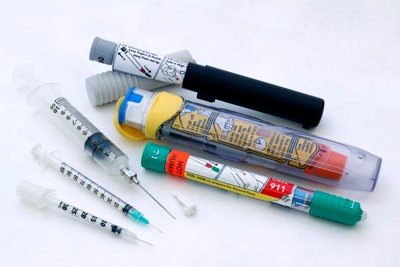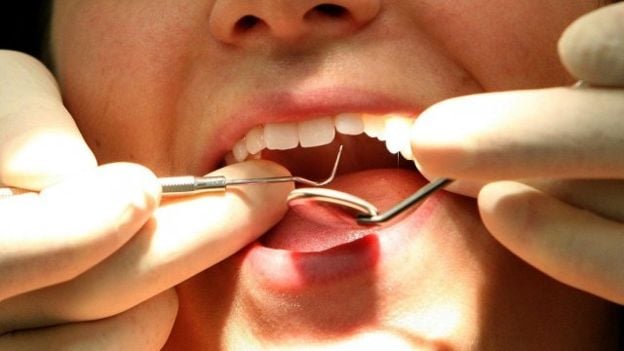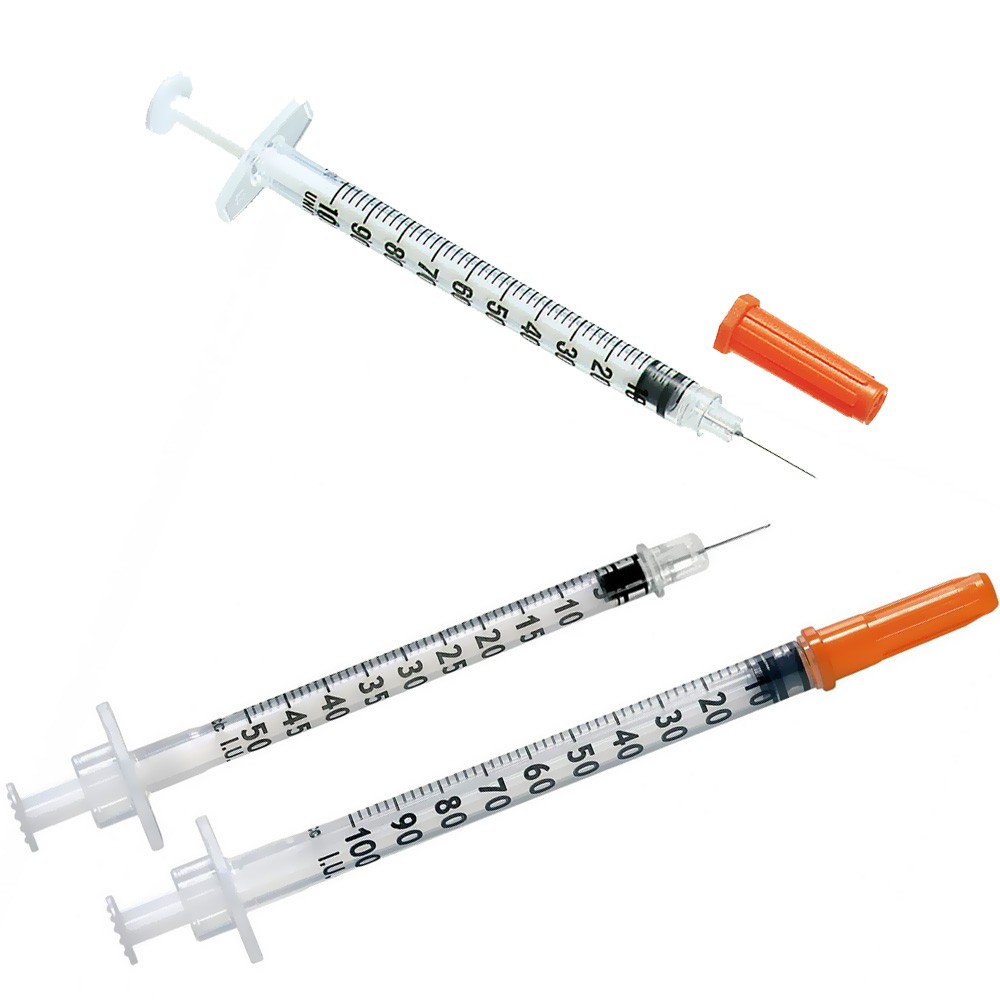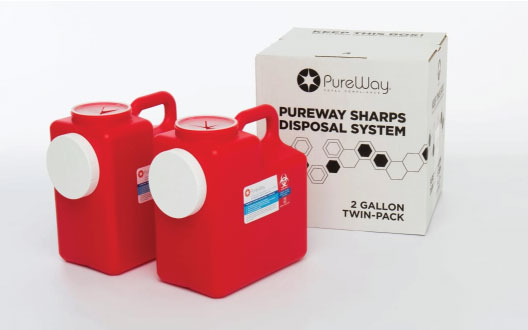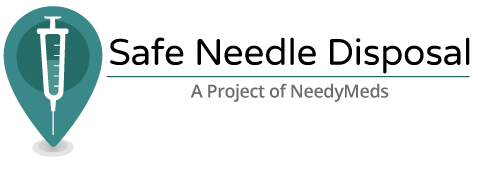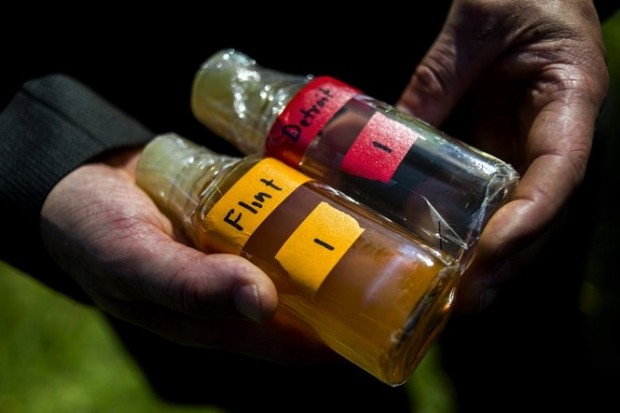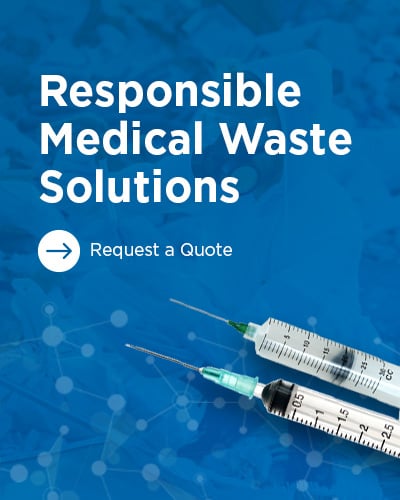Jeff Miglicco
Recent Posts
Providing clarity to the question, How do I dispose of my needles? Nowadays, many patients are using injectable medicines and syringes at home. However, not every patient is aware of how to dispose of needles safely and effectively. Most users are tossing the needles, syringes and other medical wastes into dustbins or flushing them into toilets. Those methods are dangerous and incorrect practice of disposing self-injectors, ...
Waste management is one of the core ecological challenges to the modern world, especially to the dental practitioners who deal with regulated waste every day. Many years ago health care facilities used to flush medical equipment down the toilet or dump it down the drain. But, now the world is recognizing the impact of such ill practices and so, is looking forward to effective dental clinical waste disposal solutions. Before ...
Besides serving patients with exceptional services and exploring newer possibilities in the medical industry, waste management is among the most prominent tasks performed in a healthcare system. If you belong to the medical domain, you understand very well the need for managing medical waste properly for the safety of everyone. Does your facility follow best practices and are you providing the safest process for your ...
This blog will cover requirements for medical waste disposal and the differences in the options available for disposal. To start, OSHA (Occupational Safety Health Administration) defines as regulated waste as Liquid or semi-liquid blood or other potentially infectious materials; contaminated items that would release blood or other potentially infectious materials in a liquid or semi-liquid state if compressed; items that are ...
EPA FINAL RULE (PRE-PUBLISHED VERSION) Dental Effluent Guidelines (Pre-Published Rule – December 15, 2016)
Massachusetts has become the first U.S. state to require pharmaceutical manufacturers to finance and manage a solution for consumers to safely dispose of unwanted or unused medications. This law is part of a drug abuse prevention bill that aligns with President Obama’s previously signed legislation allowing states to create take-back programs for prescription and over-the-counter medications. Not only will this law save the ...
PureWay, a health-focused organization specializing in medical waste management and compliance solutions, is proud to partner with Safe Needle Disposal, a non-profit dedicated to educating the public about safe needle disposal programs. At-home sharps injectors will now not only have access to a user-friendly informational resource and regulatory experts to help answer all their sharps-related questions, but they will also be ...
What’s Happening in Flint Although the crisis in Flint just became public this month, it actually began in April of 2014 when a state employee switched Flint’s water supply from Detroit water to Flint River water in an effort to save money. After the switch, residents noticed that the new water looked, smelled and tasted funny and started experiencing rashes, hair loss and other ailments. Unfortunately, state officials ...
According to the Centers for Disease Control and Prevention, the United States is still in danger of losing the war on AIDS, even after major medical advances over the past 30 years. There are 45,000 new H.I.V. infections each year. Nearly 65% of the estimated 1.2 million Americans with H.I.V are not receiving care or antiretroviral treatment (ART); many disappear right after being tested and account for 90% of all new ...
For the first time in 25 years, companies could be paying significantly more for OSHA violations within the workplace. A budget bill President Obama has signed permits OSHA to increase its fines annually based on the consumer price index. Therefore, OSHA would be allowed to make a one-time “catch-up” adjustment that would increase maximum penalty levels by about 80% to make up for the lack of increases since 1990. The ...
Category
- sharps disposal (30)
- Medical Waste (28)
- sharps container disposal (25)
- Compliance (20)
- sharps mail back (19)
- Pharmaceutical Waste Disposal (14)
- Infection Control (13)
- Dental Practice (12)
- Safety (12)
- biohazardous waste disposal (11)
- OSHA (9)
- Hazardous Waste (8)
- amalgam disposal (8)
- patient support programs (8)
- Universal Waste (7)
- amalgam separators (6)
- vet sharps disposal (6)
- Hazardous Waste Disposal (5)
- amalgam recycling (5)
- dental clinical waste disposal (5)
- Amalgam (4)
- ECOII Amalgam Separator (4)
- News (4)
- OSHA Training (4)
- #GLP1 (3)
- News & Regulations (3)
- medication disposal (3)
- surface disinfectant (3)
- veterinary medical waste (3)
- HIPAA (2)
- flu vaccine (2)
- influenze (2)
- BioSURF (1)
- HIPAA Compliance (1)
- HIPAA Law (1)
- HIPAA Violation (1)
- RP Returns (1)
- improving patient experience (1)
- quart containers (1)
- sharps disposal for veterinarians (1)



